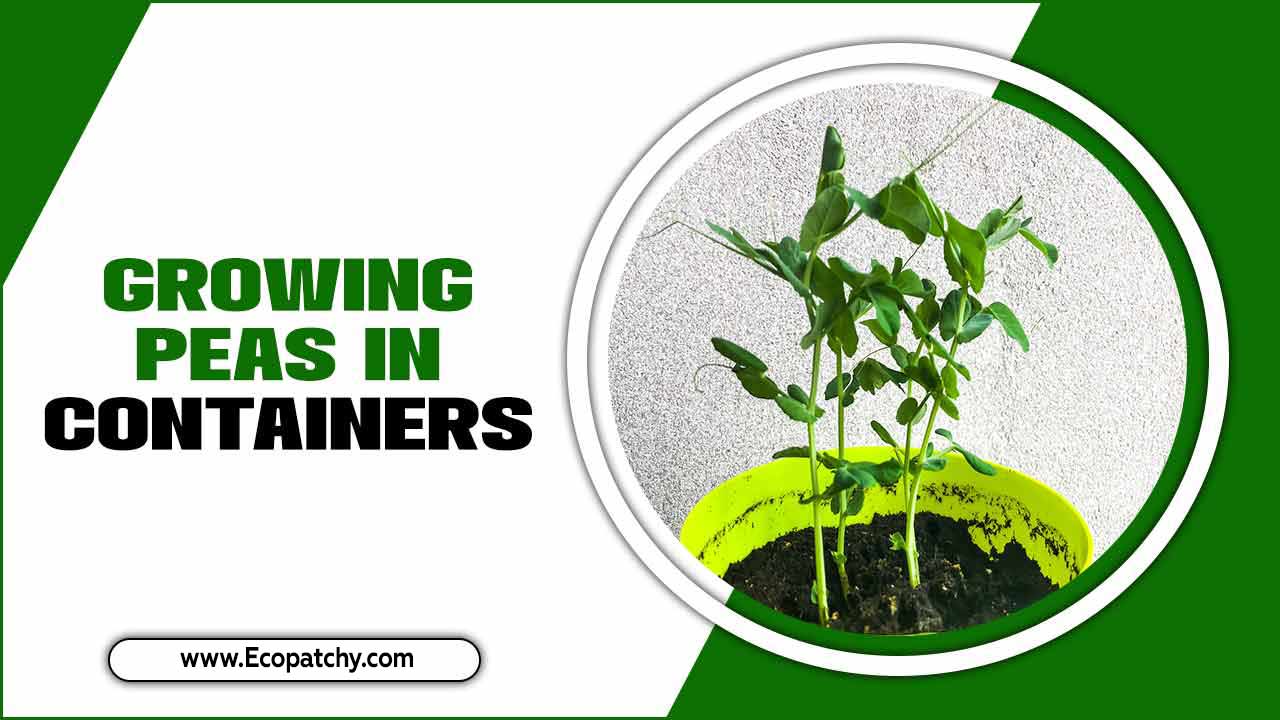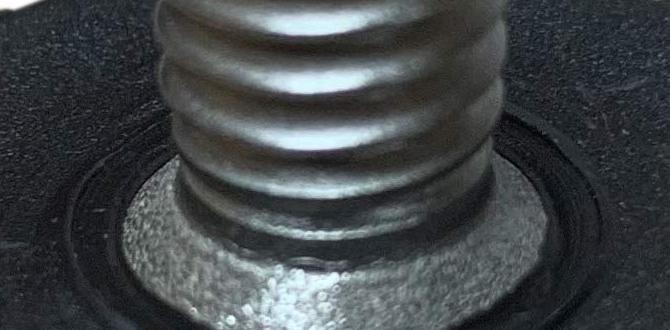Have you ever thought about using chicken manure in your vegetable garden? Many gardeners do, and for good reason. Chicken manure is often praised for its powerful benefits. It’s like a magic potion for plants!
But, is chicken manure good for vegetable gardens? This is a question that many new gardeners ask. Imagine growing the biggest tomatoes or the tastiest peppers. Using chicken manure could help make that happen!
Did you know that chicken manure is rich in nutrients? It contains nitrogen, phosphorus, and potassium. These nutrients help plants grow strong and healthy. However, using it the right way is important. Too much can harm your plants. So, what’s the correct method?
In this article, we will discover how chicken manure can be beneficial for vegetable gardens. We’ll also explore safe ways to use it. You might just find that this garden secret leads to your best harvest yet!
Is Chicken Manure Good For Vegetable Gardens? Benefits Explained
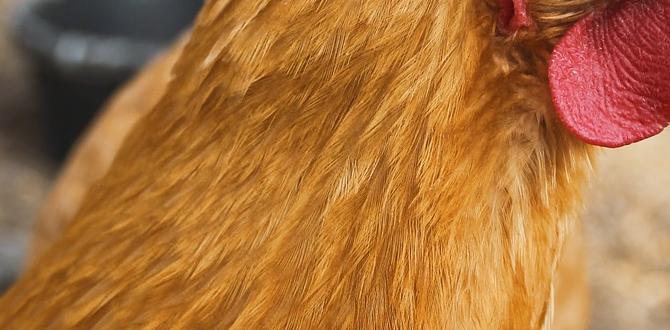
Is Chicken Manure Good for Vegetable Gardens?
Chicken manure can be a fantastic addition to vegetable gardens. It’s rich in nutrients like nitrogen, phosphorus, and potassium—essential for plant growth. Using it helps improve soil structure and drainage. However, it’s important to compost the manure first. Fresh manure can be too strong and may harm plants. Did you know that composting chicken manure can reduce harmful pathogens? This practice not only benefits your garden but also keeps it safe!Understanding Chicken Manure
Composition and nutritional content. Differences between chicken manure and other types of manure.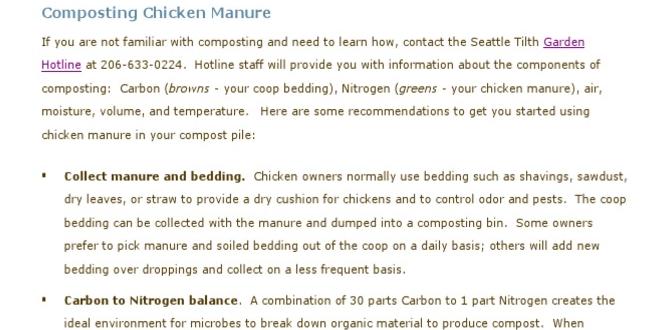
Chicken manure packs a punch when it comes to garden nutrition. It’s rich in nitrogen, phosphorus, and potassium, making it a superfood for plants. Compared to cow or horse manure, chicken manure is a bit like a sports car—fast and powerful! It’s concentrated, so you need less of it. Just remember, a scoop of chicken manure can help your veggies grow like superheroes, but too much can lead to a nasty surprise—burnt plants! Keep it balanced, and your garden will thank you.
| Type of Manure | Nitrogen | Phosphorus | Potassium |
|---|---|---|---|
| Chicken | 1.5% – 3% | 0.8% – 1.5% | 0.5% – 1% |
| Cow | 0.5% – 1% | 0.2% – 0.5% | 0.5% – 1% |
| Horse | 0.5% – 1% | 0.3% – 0.7% | 0.5% – 1% |
Benefits of Using Chicken Manure in Vegetable Gardens
Nutrient supply for various vegetables. Enhancing soil structure and fertility.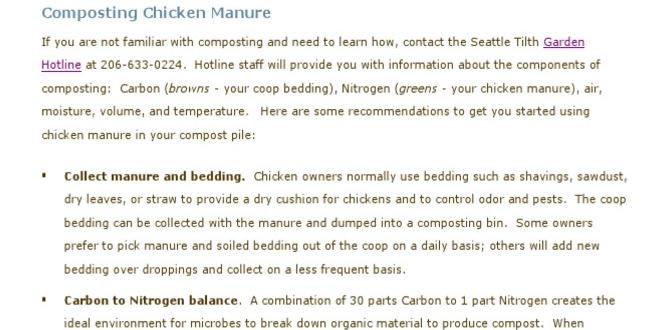
Using chicken manure in your vegetable garden offers fantastic benefits. First, it supplies essential nutrients for your plants. Vegetables like tomatoes and lettuce thrive on this rich fertilizer. It also improves soil structure and fertility. Better soil means happy plants! It’s like giving your garden a cozy blanket. Plus, it helps retain moisture, making your plants less thirsty. Who knew chicken poop could be so magical?
| Nutrients | Vegetables |
|---|---|
| Nitrogen | Lettuce, Spinach |
| Phosphorus | Tomatoes, Peppers |
| Potassium | Carrots, Potatoes |
Try chicken manure in your garden, and watch your veggies grow big and strong! Remember, happy soil means happy plants!
Potential Risks and Drawbacks
Pathogens and weed seeds in raw manure. Risk of nutrient overload and burning plants.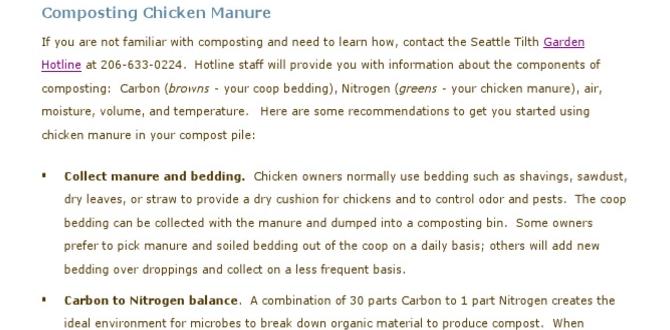
Using chicken manure has some risks that gardeners should consider. First, raw manure can contain harmful pathogens and weed seeds. These can harm plants and introduce pests. Second, too much manure can lead to nutrient overload. This may cause plant roots to burn. New gardeners should proceed with caution.
What are the risks of using chicken manure in gardens?
Chicken manure can contain germs and weed seeds that might hurt your plants. Too much can also burn plants from excess nutrients. Always compost manure before using it!
- Pathogens: Can spread diseases.
- Weed Seeds: May sprout unwanted plants.
- Nutrient Overload: Can harm plants and soil life.
- Burning Plants: Too much can damage roots.
Proper Application Techniques
Best practices for composting chicken manure. Recommended application rates and timing.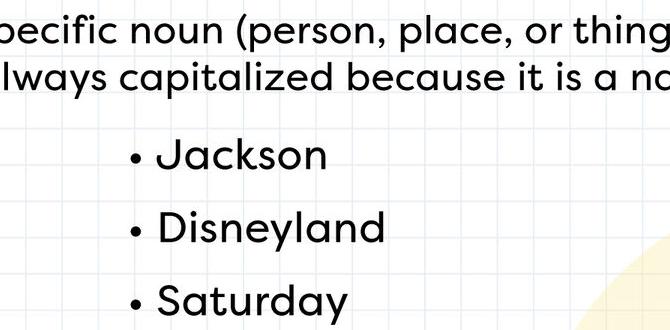
Composting chicken manure can really boost your vegetable garden. Start by mixing it with straw or leaves to help it break down faster. The best application rate is about 20 pounds per 100 square feet. Apply it in the spring before planting or in the fall to enrich the soil. Wait at least six months after composting before using it. If you’re impatient, remember: good things come to those who wait—like a delicious vegetable harvest!
| Application Timing | Recommended Rate |
|---|---|
| Spring | 20 lbs per 100 sq ft |
| Fall | 20 lbs per 100 sq ft |
Comparative Analysis with Other Fertilizers
Chicken manure versus cow and horse manure. Organic versus synthetic fertilizers.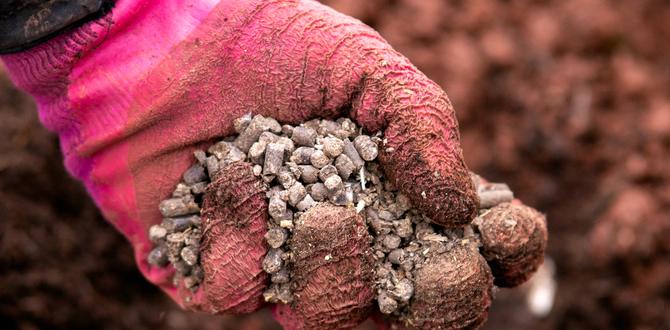
When comparing chicken manure to cow and horse manure, chicken poop is like a rocket booster for plants! It has more nitrogen, making veggies grow faster. Cow and horse manure, while great, act more like a slow cooker, gradually releasing nutrients. Now, let’s pit organic fertilizers against synthetic ones. Organic options, like chicken manure, are friendlier to Mother Nature, while synthetic fertilizers can be like a caffeine jolt for your plants – quick but often messy!
| Type of Manure | Nitrogen Content | Release Speed |
|---|---|---|
| Chicken Manure | High | Fast |
| Cow Manure | Medium | Slow |
| Horse Manure | Medium | Medium |
| Organic Fertilizer | Varies | Slow to Medium |
| Synthetic Fertilizer | Very High | Very Fast |
So, if you want a garden that pops with life, don’t underestimate those little chicken pellets! They pack a punch and help veggies thrive like they’re on a plant growth competition show!
Vegetables That Thrive with Chicken Manure
List of vegetables that benefit most. Crop rotation and its impact on soil health.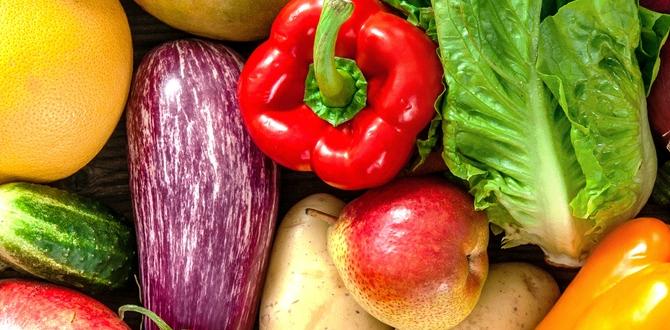
Many vegetables enjoy the benefits of chicken manure. Some of the best choices include:
- Tomatoes
- Peppers
- Squash
- Cucumbers
- Carrots
These plants grow stronger and healthier with chicken waste. Crop rotation also matters for soil health. By switching veggies each season, you keep the soil full of nutrients. This way, your garden stays happy and thriving!
What vegetables benefit the most from chicken manure?
Tomatoes, peppers, and carrots are just a few examples that grow well with chicken manure. They love the nutrients it provides!
Common Questions About Chicken Manure Usage
How to ensure manure is safe and effective. FAQs about odor, storage, and usage.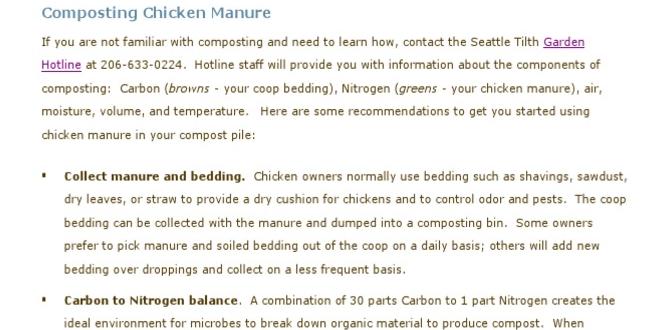
Using chicken manure can be great for your vegetable garden. But you might have questions about its safety and use. First, how do you make sure the manure is safe? Always compost it for at least 3-6 months. This process reduces harmful bacteria and odors.
Common Questions
How is the odor managed?
Composting helps control strong smells. If you find the odor too strong, mixing the manure with soil can lessen it.
How should you store chicken manure?
- Keep it dry to avoid bad smells.
- Use a covered container.
- Avoid storing it near your plants.
Lastly, always check how much to use. A little goes a long way!
Real-Life Experiences and Case Studies
Success stories from gardeners. Longterm effects observed in vegetable gardens using chicken manure.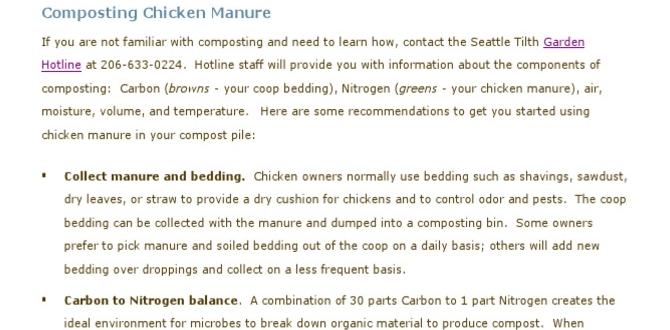
Many gardeners have shared their fantastic experiences with chicken manure. One gardener reported, “My tomatoes grew taller than my dog!” After using chicken manure for a year, he noticed bigger veggies and better taste. Over time, the soil became rich and healthy. In another case, a community garden found that plants flourished, yielding 30% more produce! These success stories show how chicken manure can transform gardens into vegetable powerhouses.
| Gardener | Vegetable | Result |
|---|---|---|
| John | Tomatoes | Tall and tasty! |
| Community Garden | Mixed Veggies | 30% more yield! |
Conclusion
In conclusion, chicken manure is excellent for vegetable gardens. It adds rich nutrients and improves soil structure. Using it can boost your plants’ growth and health. Make sure to compost it first to avoid burning your plants. If you want to learn more, explore gardening books or websites. Let’s grow healthy vegetables together!FAQs
What Are The Nutritional Benefits Of Using Chicken Manure In Vegetable Gardens?Using chicken manure in vegetable gardens is great for plants. It adds important nutrients like nitrogen, phosphorus, and potassium, which help plants grow strong. These nutrients make vegetables bigger and tastier. Chicken manure also helps the soil hold water better. This means your plants will be healthier and produce more food for you!
How Should Chicken Manure Be Processed Or Composted Before Applying It To Vegetable Plants?To use chicken manure safely, we need to compost it first. You can pile up the manure with dry leaves or straw. Turn the mixture every few weeks to help it break down. After about three to six months, it will turn into dark, crumbly compost. Finally, you can mix this compost into the soil for your vegetable plants.
Are There Any Risks Associated With Using Chicken Manure In Vegetable Gardens, Such As Pathogens Or Odor?Yes, there are some risks with using chicken manure in gardens. It can have bacteria, which can make you sick if not handled properly. Also, chicken manure can smell bad, especially when it’s fresh. To stay safe, make sure to compost it well before using it. This helps kill the germs and make it smell better.
How Does Chicken Manure Compare To Other Types Of Animal Manure For Fertilizing Vegetable Gardens?Chicken manure is very good for vegetable gardens. It has a lot of nutrients that plants need to grow. Compared to other animal manures, like cow or pig manure, chicken manure is richer. However, it’s important to use it carefully. If you use too much, it can hurt your plants.
What Is The Recommended Application Rate Of Chicken Manure For Common Vegetables In The Garden?You can use about 20 to 30 pounds of chicken manure per 100 square feet of garden. This helps your vegetables grow strong and healthy. Make sure to mix it into the soil well. It’s best to apply it in the spring before planting. Always water your garden after adding chicken manure!


